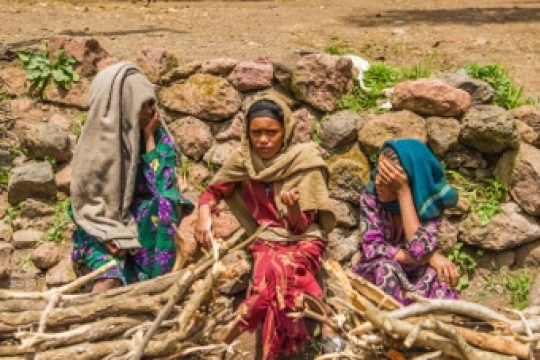Since the Ethiopian government has changed the nature of forestry related property rights in order to allow communities in south-western Ethiopia to harvest timber and other resources in state forests, these communities have benefited from increased income as they now sell timber, wild coffee and honey.
But the wealthier in the communities benefit most from this newly found income source.
The Environmental Policy Research Unit’s (EPRU) Prof Edwin Muchapondwa and Dr Dambala Kutela from the University of Cape Town (UCT) recently presented these findings at the European Association of Environmental and Resource Economists held at the University of Helsinki in August this year.
‘Since the 1970s, Ethiopia’s socialist state nationalised all forests, banks and private property. But in the early 2000s, with pressure from civil society, government agreed to allow community rights access to some of the forests in the south of the country, to see if it would discourage illegal timber harvesting and the spread of farming into the forests,’ Kutela explains.
‘We have been interested to see if this change in property rights has any development potential for communities living near forests. Does it increase people’s income?’ asks Kutela.
Since doing extensive interviews within these communities in 2013, the EPRU team has found that this new form of income helps offset the risks of farming, allows them to invest in their children’s education, and start up small businesses.
‘But it does look as though the wealthier in communities benefit more from the income they derive from selling forest products,’ Kutela says.
‘We call this ‘elite capture’.’
The recommendation for policy makers, following this insight, is that officials need to work closely with lower income communities in forest initiatives, so that there is a fair distribution of benefits. One way of doing this, Kutela maintains, is through lease agreements that allow them access to land and markets, or assist them with the means to invest in land-based ventures.
